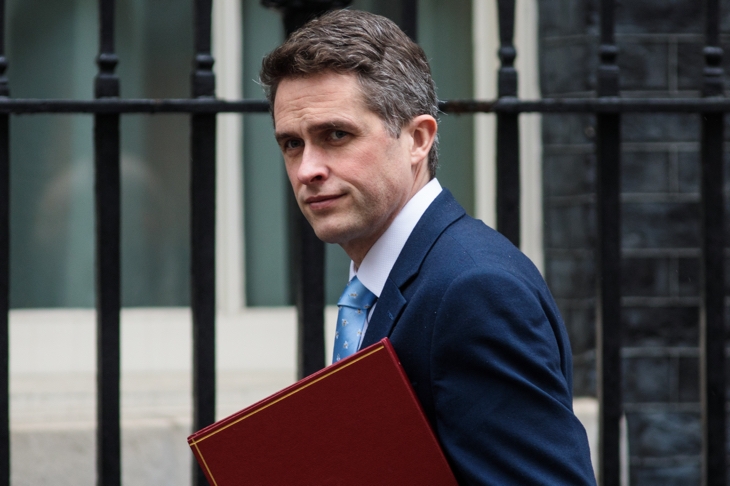In responding to the Salisbury attack, Theresa May was in little danger of over-reacting. Her challenge was more to come up with a response which would not have Vladimir Putin laughing. As soon as the nerve agent used against Sergei Skripal and his daughter was identified as Novichok – a chemical developed by the Russian military – it became clear that there was going to be no chance of fudging the issue – of doing what the Labour government did after the death of Andrei Litvinenko in 2006: calling an inquiry which concluded the Russian state was ‘probably’ to blame.
Unlike the Polonium used to kill Litvinenko, there is really is no other possible source for Novichok. As May told the Commons this lunchtime there are only two possibilities: either the attack on Skripal was commissioned directly by the Russian state – or that state has lost control of its stocks of the chemical. If the latter, one might have expected at least an element of concern from Vladimir Putin and his spokesmen, not the outright denial. There is only one conclusion: that this was an attack ordered at very high levels within the Russian government. Behind the scenes in our own government, Novichok is being described as a deliberate ‘calling card’. It was chosen to leave Putin’s enemies in no doubt: this was his doing, and he is coming for you next.
In the face of state-sponsored murder, the expulsion of 23 diplomats – ie suspected spies — seems pretty light. It is a lot more than the four expelled after Litvinenko’s death. The nearest comparison is the 90 Russian diplomats – one in five then serving at the London Embassy – by Edward Heath in September 1971 after a KGB defector has alerted the government to plans for sabotage operations by the Soviets.
The trouble is that a lot has changed technologically since 1971. It is no longer necessary to be physically in Britain to commit acts of espionage – nor, for that matter, acts of sabotage. Computer hacking can take place across borders – as was shown when Russian hackers found their way into the computers at the University of East Anglia’s climatology department and leaked the famous emails. Even if May were to expel the entire Russian diplomatic mission in London, it would still be possible for the Putin regime to conduct cyber warfare on Britain.
Politically in Britain there is a big winner from recent events. Back in January, Defence Secretary Gavin Williamson was accused of paranoia and scaremongering after claiming that Russia was in a position to conduct cyber warfare against Britain which could kill ‘thousands and thousands’ of people. Then in February emerged evidence that Russia had conducted a cyber attack against Ukraine. Williamson is not looking so paranoid now. It might be that the response the government really needs is to boost Britain’s defences against cyber attack – and develop the means, if attacked in this way, to reply in kind.







Comments